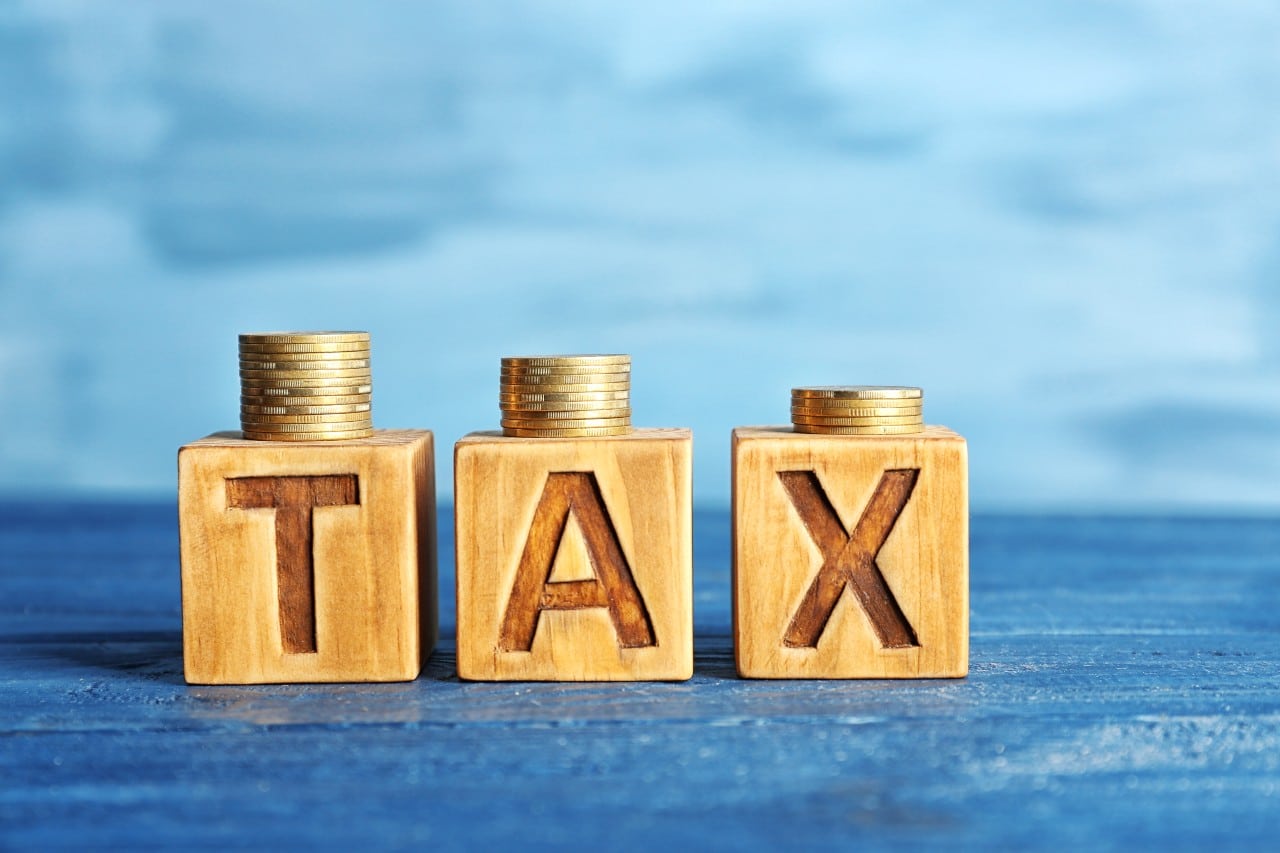Understanding your credit score is of the utmost importance as an adult seeking to make a large purchase. It’s an all-important three-digit number that influences lenders. It affects many things in an individual’s life: the ability to buy a home, get a job, and rent an apartment.
Understanding what a credit score is can be pivotal for financial literacy. When applying for credit, lenders typically look at income, assets, debt, and credit score.
While most Canadians understand the first three items, their credit score may remain a mystery. According to a 2021 survey found, 56 percent of Canadians have never checked their credit score. Knowing more about the calculation of this score will help individuals’ financial health.
How to Review Your Credit Score
Keeping a close eye on your credit score is helpful. Imagine applying for a mortgage, only to find out your credit score is too low to qualify. Avoid this by reviewing your credit score ahead of time to prepare yourself better.
Checking Your Credit Score
Individuals can obtain credit reports for free from Equifax Canada and TransUnion Canada, two well-known credit bureaus. However, these credit reports do not include credit scores. Luckily, there is an option to pay a fee to add the score to the report.
Credit monitoring services will give regular updates on credit scores and changes to reports. Other services offer your credit score for free, but they usually only provide scores from one of the credit bureaus.
While it can be handy to know the direction credit scores are heading in, take it with a grain of salt. These credit scores are for educational financial purposes only.
The Five Factors Influencing Your Credit Score
If you are a beginner at understanding credit scores, don’t worry. Five main factors are essential to understand to help optimize your credit score.
Payment History (35%)
The first factor is payment history, which affects an individual’s credit score and financial health the most.
Payment history relays whether payments are made on time. Payment history is “graded” using the credit rating system of letters and numbers that classify the type of loan and its payment status.
The following can negatively affect payment history:
- Making payments late
- Missing payments
- Your debts go to collections
- You file for bankruptcy
To maintain a good credit score, always aim to pay your accounts by the due date. If you can’t afford to pay off the total amount, at least make the minimum payment.
Credit Utilization or Outstanding Debt (30%)
The second most important factor with credit scores is credit utilization. Credit utilization is just a fancy word for how much total available credit is currently offered.
To calculate your credit utilization, take your credit limit and subtract your current outstanding balance from it.
An ideal credit utilization number is less than 35 percent. If it is over 35 percent, make sure it does not exceed more than 70 percent of your available credit. When lenders see a high percentage they may get concerned that you’re getting close to being maxed out.
Length of Credit History (15%)
Lenders like to see a consistent history of making payments on time. The longer a credit account is open, the better it is for an individuals credit score. Be aware that closing an old account can lead to a credit score dropping.
Credit Inquiries or New Credit (10%)
New credit can improve credit scores by providing a better utilization rate. But, only apply for credit if it is needed. Having too many credit inquiries within a short time can negatively impact credit scores.
Each time an individual applies for credit, it counts as a credit inquiry. A credit inquiry means that the lender is requesting a copy of the credit report for borrowing purposes. If a lender sees a lot of credit inquiries, they may hesitate to lend since they may assume that you’re applying after being turned down by other lenders, whether that may or may not be the case.
Different Credit Type (10%)
Credit scores may be negatively influenced when individuals only have one type of credit. Try to mix it up with credit cards, loans, and lines of credit (just make sure you use your credit responsibly). This variety of credit types proves you can manage credit responsibly.
How Can Bad Credit Impact You?
· It can make it more challenging to get a mortgage.
· Individuals may not be able to get the best interest rate.
· Individuals may experience job offers being rescinded.
· It may result in rental applications getting denied.
· Car rentals will be less available.
For your own personal information, it’s a good idea to check your credit score at least once a year or several months before a major financial decision. For example, if you’re planning to buy a home, check your credit score six months in advance. That way, you’ll have plenty of time to fix any errors on your credit report.
Simple Ways to Improve Your Credit Score
The major credit bureaus Equifax and TransUnion tend to be secretive when it comes to telling us precisely how they calculate credit scores. Improving a credit score may seem like a daunting task but there are simple ways to improve credit score.
Here are some simple ways to improve credit scores and ultimately improve financial health:
Make your payments on time.
The easiest way to boost a credit score is by making debt payments on time. This includes cell phone and utility bills.
Don’t fall behind on your payments.
Ideally, it is important to pay credit bills fully. However, if this is unavailable, at least make the minimum payment by the due date to keep your credit in good standing.
Don’t skip making a payment.
Even if you disagree with a bill, it’s usually a good idea to pay it. You may be in the right, but it will still show up as a blemish on your credit report if you skip paying it, and it could hinder the ability to obtain credit in the future. Once paid, contact the provider to gain more information and determine if the bill is correct.
Get in touch with your lender early.
If an individual anticipates having difficulty paying a bill, it is recommended to be proactive and reach out to the lender. There is a possibility to develop an alternative arrangement, avoiding dinging your credit score.
If you are a victim of identity theft and credit fraud, reach out to lenders immediately to let them know what is happening. Thieves may open up new lines of credit in your name and fail to pay the bill, ultimately negatively influencing your credit score.
Avoiding maxing out your credit cards
It’s a good idea not to go any higher than 50 percent of any credit limit. Next to payment history, credit utilization is a factor that carries a lot of weight in credit scoring models. If there is a credit utilization of over 50 percent, it will drag down a credit score.
Avoid having too many credit accounts.
Having too many credit accounts open that are close to being maxed out is a red flag to lenders that you may be having difficulty managing your credit.
In cases of identity theft, thieves open up new lines of credit and fail to pay the bill, and this reflects poorly on your credit score; therefore make sure to immediately get in touch with your lenders and authorities to solve the problem.
Don’t apply for credit unnecessarily.
Applying for too many credit accounts within a short period can lead lenders to consider the application to be high-risk. Be smart when applying for credit and do research ahead of time to determine if it is a financially safe idea.
Avoid too many hard inquiries.
A hard inquiry is when a lender reviews a credit report. Any lender that views a credit report will see this review and take it into account.
Soft inquiries appear on a credit report, but only the owner is able to view them. Unlike hard inquiries, they don’t impact a credit score.
Build your credit.
Avoid closing old credit accounts that are in good standing. The longer credit accounts are open and are in good standing, the better it is for a credit score.
Three Ways to Keep Your Credit Score Up Without Taking on Debt
Credit is essential to finances. Individuals that do an excellent job of managing it find it easier to obtain financing for a new home, car, or business.
Here are three ways to improve a credit score without taking on debt:
Establish a Credit History
It’s essential to take the steps early on to establish a credit history. This is completed by signing up for a credit card early on and using it efficiently by paying off your balance on time and in full every month like clockwork. Building a credit history and using it responsibly will help an individual’s overall financial health.
Borrow What You Can Afford
Always treat credit cards like cash, only charge what is affordable to pay at the end of the month. This will show future lenders responsible financial actions when managing expenses.
Individuals find it much easier to get a new credit card or borrow money when they exhibit good financial behavior and have a good credit score.
Carrying Your Balance Responsibly
If an individual carries a balance on a credit card, it’s not necessarily a bad thing in terms of their credit score. However, if there are balances owing on several credit cards, don’t skip the payments on other credit cards by paying a single large sum on one.
While that will certainly help lower the amount owed on that one card, it will result in a blemish on a credit score. Always make at least the minimum payments on all credit accounts. Once that’s taken care of, proceed to make payments on other credit accounts with any money leftover.
Are you still having trouble understanding your credit score? Call us today to learn more about credit counseling and other tools to get on top of your finances.
Understanding Your Credit Score – FAQs
1. How Do I Get My Free Credit Score?
Borrowell, Credit Karma, and Mogo have free credit monitoring that includes your score. Keep in mind; they only represent one of the credit bureaus.
2. Who Sees My Credit Score?
Anyone you apply for credit from will be able to see your credit score.
This list includes credit card companies, retailers, insurance companies, employers, car leasing companies, mobile phone companies, landlords, banks, credit unions, and other financial institutions and governments.
3. How Many Credit Scores Do I Have?
To sum it up, you have various scores, and they can all be different.
Each monitoring service can offer you different scores that they obtain from the bureaus. A hard credit pull from FICO is the only accurate score, but depending on what the credit is for, that will be different too.
4. Does My Income Impact My Credit Score?
Not directly, having a steady income allows you to pay bills on time. At the same time, a higher salary may improve your utilization rate because of the opportunity to increase your credit limit.
5. If I Check My Score, Will It Hurt My Credit?
It depends, if you use a monitoring service that uses “soft pulls,” you will not have a negative impact. But, “hard pulls,” like mortgages and new credit cards, will show on your credit report creating a minor temporary blemish.
6. What Determines My Credit Score?
The five factors that determine your score are:
- Your payment history.
- Your used credit vs. your available credit.
- The length of your credit history.
- Public records.
- The number of inquiries into your credit file.
7. Does My Credit Score Matter?
Yes. Having a poor credit score can make it challenging to get a job, open a bank account, apply for a car loan, rent an apartment, or get a mortgage. All of these scenarios weigh your credit risk using your credit score.
Related to: Understanding Your Credit Score










